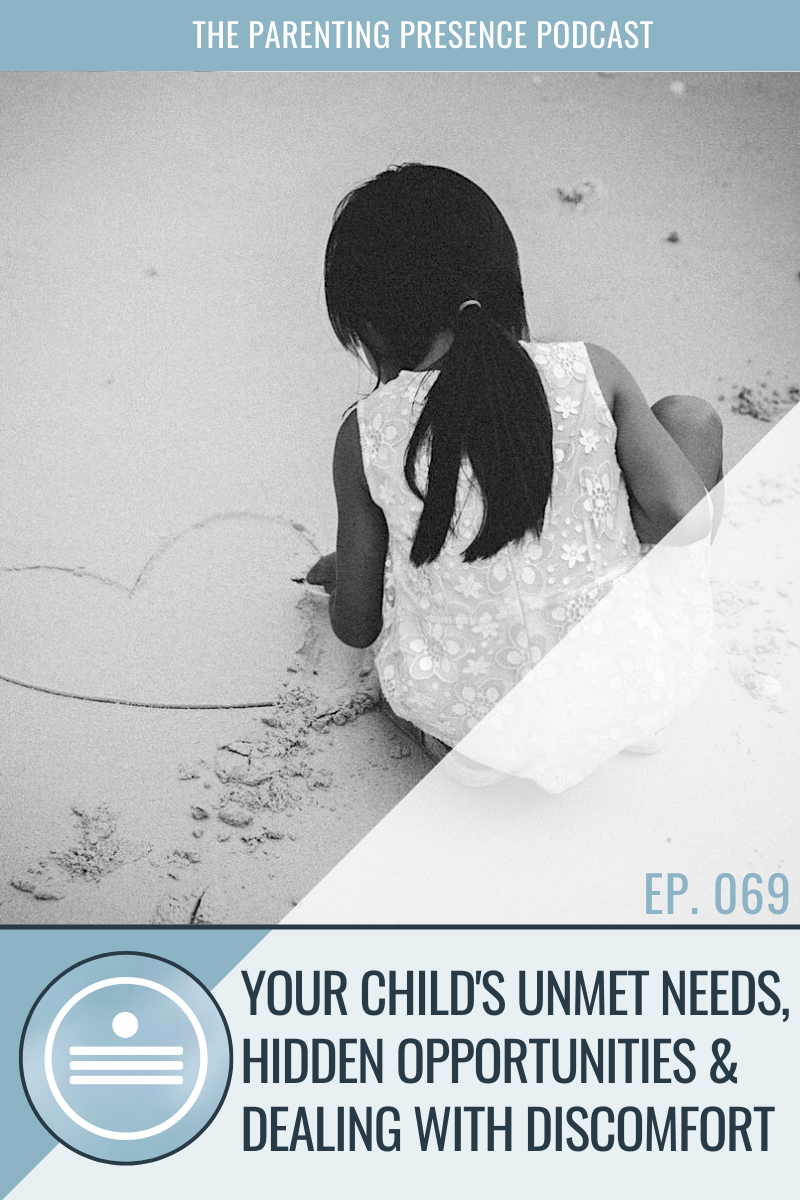
The child’s needs are the parent’s responsibility. We do everything to make sure we meet them. But did you know that unmet needs come with great opportunities to teach independence and self-reliance? Parenting involves more than solely meeting our children’s needs. It’s also about teaching them to become independent and self-reliant individuals.
Our children rely on us for everything. We cannot imagine our children to live with unmet needs. After all, meeting our children’s needs is our responsibility as parents. This seems like an accurate statement, right? But upon close inspection, it is only partially correct. Let’s see why…
The younger children are, the more they rely on us.
The older they are, however, the less they should need from us.
That is the nature of growing up. The developmental purpose of childhood is to take the time needed to become an adult. And not just any adult, but an adult who is independent and self-reliant. And the task of parenting is to help our children with that.
One of the ways we help is by teaching children to take care of their own needs.
If you look at childhood from that perspective, our job as parents is not actually to take care of our children. That is only part of it, a temporary one at that. The more important and often overlooked part of our job is to teach them how to do it for themselves. And while they are learning, we do of course help them meet those needs.
The trouble is that we are so committed to our role of meeting their needs all the time, that we often forget to pause with intention and ask, whether this or that is something the child can do for themselves instead of relying on us for it. Opportunities for this question are everywhere, but the easiest way to find them is the child’s unmet needs.
The child’s unmet needs can be the opportunity for them to learn to meet them.
It is those moments when, for whatever reason, we are unable to attend to the child and do for them what they want us to do, we can explore with them what, if anything, they can do about that themselves. This is not to be confused with neglect of the child’s needs or with an expectation that they do things they cannot actually do for themselves. That’s not what this is about.
This is about opportunities for our children to see what they are capable of.
It is also an opportunity for us to help them be more independent, which is something they will need as they gradually get older and eventually become adults. While we support them when necessary, we should actively seek opportunities for them to learn how to meet their own needs. By exploring moments of unmet needs together, we help them discover their capabilities and foster independence, preparing them for adulthood. Tune into today’s episode of The Parenting Presence to hear more.
Let me know if you have questions. You can reach out here, or send me a direct message (DM) on Twitter and Instagram.
“Don’t Blame The Brain” is the book I am referring to and it is a must read if you truly want to feel in control of your emotional life. It is now available on Amazon in three formats: hardcover, paperback, and ebook. Get your copy!
Additional episodes relevant to this topic:
- Meeting the Child’s Needs vs. Bending to Their Wishes (TPP 030)
- When You Cannot Meet Your Child’s Needs, Things to Keep in Mind (TPP 041)
- One Must-Read Book On Emotional Regulation You Cannot Miss (TPP 066)
If you enjoyed this conversation, it would mean the world to me if you’d leave a rating and review on iTunes. That’s the best way to support this podcast and help other parents find it too.
